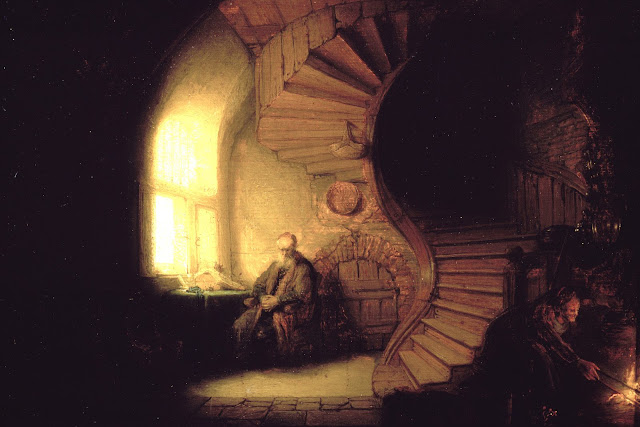
Susan Jacoby recently published Never Say Die : The Myth and Marketing of the New Old Age. She challenges a widespread conviction within my own generation that we can (with determination and prudence and money) sidestep in our own lives all the nastier side-effects of aging.
From the preface –
"Anyone who has not been buried in a vault for the past two decades is surely aware of the media blitz touting the "new old age" as a phenomenon that enables people in their sixties, seventies, eighties, nineties, and beyond to enjoy the kind of rich, full, healthy, adventurous, sexy, financially secure lives that their ancestors could never have imagined. Much of this propaganda is aimed at baby boomers now in their late forties, fifties, and early sixties, because marketers are betting that the boomer generation will spend almost anything on products that say "Hell no, we won't go!" to a traditionally defined old age. I too have read (and occasionally written) optimistic screeds on the joys and advantages of the new old age, also known as "young old age," also known as "successful aging." But I now regard the relentlessly positive vision promulgated by cheerleaders for the extension of longevity as more of an exhortation, even an ultimatum, than an evidence-based portrait of old age as it is today and is likely to remain for the huge baby boom generation. As the oldest boomers turn sixty-five, it is past time for a more critical and skeptical look at old age as it really is in America today, especially for the "old old" – those in their ninth and tenth decades of life. When I told a forty-something colleague that I was writing a book about the myth of young old age, she asked how old I was (a question still considered impolite in most contexts). I told her I was sixty-three. "Surely you don't think of that as old?" she asked in a horrified tone. Actually, being an American who came of age in the "forever young" decade, I do not usually think of myself as old. But when I recall how quickly the last two decades, packed with love and work, have sped by, I know how close eighty, or ninety, really is – as distinct from whatever subjective notions I cherish about my own youthfulness. Old, in America, always seems to be a decade or preferably two decades older than one's own age. The difference between forty and sixty is that, at sixty, the imaginative leap to old old age is not only possible but inescapable.
"The idea that there is a new kind of old age, experienced in a radically different way from old age throughout history, is integral to the marketing of longevity. For who would want to live to be one hundred if, as individuals and as a society, we accepted or even suspected that the new old age, after a certain point, encompasses most of the vicissitudes of old-fashioned old age? There is a considerable amount of truth in the assertion that many old people today – if they are in sound financial shape, if they are in reasonably good health, and if they possess functioning brains – can explore an array of possibilities that did not exists even a generation ago. "If" is the most important word in the preceding sentence. The idea that we can control the future by aggressively focusing on and taking care of ourselves is an article of faith for baby boomers. Yet in many instances, successful aging – or the outward appearance of successful aging – means only that a person has managed to put on a happy face for the rest of the world; present an image of vigor and physical well-being even when bones are aching; smile even though a heart may be breaking with loss; do everything possible to conceal memory lapses; demonstrate a consistent willingness to try anything new; and scoff (with just the right, light touch of humor) at those misguided contemporaries who refuse to "live in the present."
"Here's what one cannot do and be considered a person who is aging successfully: complain about health problems to anyone younger; weep openly for a friend or lover who has been dead more than a month or two; admit to depression or loneliness; express nostalgia for the past (either personal or historical); or voice any fear of future dependency – whether because of poor physical health, poor finances, or the worst scourge of advanced old age, Alzheimer's disease. American society also looks with suspicion on old people who demand to be left alone to deal with aging in their own way: one must look neither too needy for companionship nor too content with solitude to be considered a role model for healthy aging rather than a discontented geezer or crone. Successful aging awards are conferred only on those who have managed (often as much by biological good luck as effort) to avoid, or convince others that they have avoided, the arduous uphill fight that eventually consumes all ... because the proximity of old age to death is not only undefiable but undeniable."
